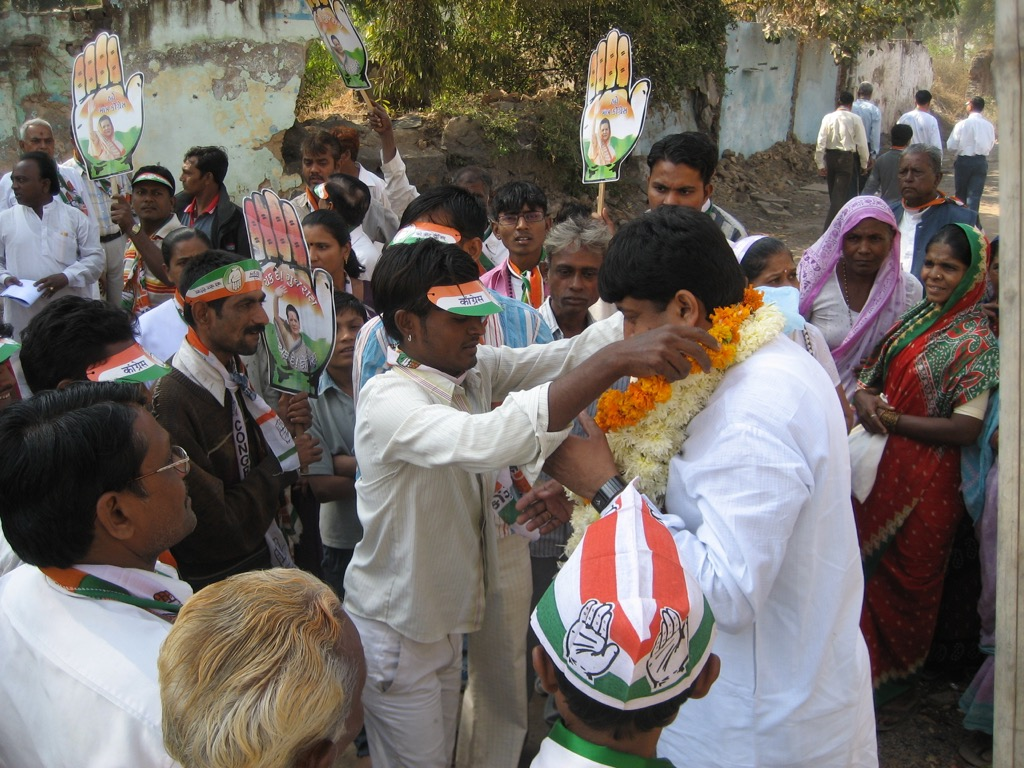The Aesthetics of Clientelistic Politics: Visual Symbolism in Indian Local Politics
Lecturer
Prof. Dr. Ward Berenschot (University of Amsterdam and KITVL)
Date and Time
May 11, 2022, 4:15 - 5:45 pm
Abstract
In this project together with Adam Auerbach, Ward Berenschot draws on fieldwork in three Indian cities to demonstrate that clientelism imbues local politics with a distinct visual symbolism. While the large literature on clientelism pays considerable attention to the ways in which voters, brokers, and politicians organize the exchange of material benefits for electoral support, it rarely discusses the visual symbolism generated by such electoral strategies. On the other hand, a smaller literature on the visuality of politics has not been extended to interpreting clientelistic politics.
The authors bridge these two literatures by unearthing the visual symbolism of everyday local politics in India. They argue that clientelistic electoral strategies require politicians to engage in a particular form of self-presentation, which revolve around the need to convey a willingness and capacity to provide voters with a particularistic access to state resources. They identify three dimensions of such politics: network visualization, credit claiming, and support-base visualization. They use ethnographic illustrations to show how politicians and their brokers convey the strength of their networks, their proven effectiveness in providing access to state resources, and their command over groups of voters. These aspects of local politics are not particular cultural idiosyncrasies of Indian politics but are instead strategic and common responses to the challenges posed by clientelistic electioneering.
Venue
The lecture takes place on-site as well as online.
Taking part ONLINE requires Registration.
ON-SITE: University of Zurich, Room KO2 F 172, Karl-Schmid-Strasse 4, 8006 Zürich
Organisation
Institute of Asian and Oriental Studies - Indian Studies
